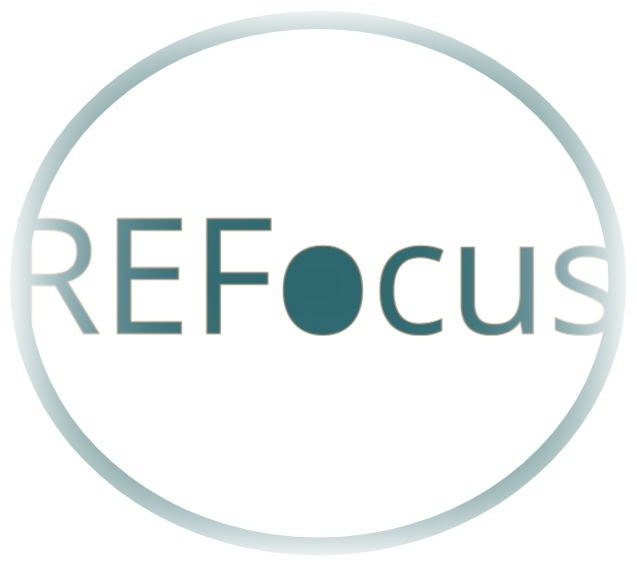” Real Estate Companies “
Series
Navigating Legal and Compliance Issues in the Real Estate Industry
As a real estate professional, it’s crucial to understand and comply with the legal and regulatory requirements of the industry.
Failure to do so can result in legal liabilities, financial penalties, and reputational damage.
Therefore, it’s essential to be knowledgeable about the legal and compliance issues in the real estate industry and take proactive steps to navigate them effectively.
Best practices for navigating legal and compliance issues in the real estate industry
- Stay up-to-date with laws and regulations: The real estate industry is subject to various laws and regulations at the federal, state, and local levels. It’s crucial to stay informed about these laws and regulations, including but not limited to fair housing laws, real estate licensing laws, zoning and land use regulations, environmental laws, and disclosure requirements. Regularly review and update your knowledge of these laws and regulations to ensure compliance in all aspects of your real estate business.
- Seek legal advice when needed: Real estate law can be complex, and it’s essential to seek legal advice when required. If you encounter legal issues or have questions about legal matters, it’s best to consult with a qualified real estate attorney who can provide expert guidance and representation. Avoid making assumptions or guessing regarding legal matters, leading to costly mistakes.
- Maintain accurate and complete records: Keeping accurate and complete records of all your real estate transactions, contracts, and other essential documents is crucial for compliance purposes. This includes records of property transactions, client interactions, financial transactions, and other relevant documentation. Proper record-keeping can help you demonstrate compliance with legal and regulatory requirements and serve as evidence in disputes or legal proceedings.
- Implement strong data privacy and security measures: In today’s digital age, data privacy, and security are critical concerns. As a real estate professional, you handle sensitive information such as client data, financial information, and transaction details. Implementing robust data privacy and security measures to protect this information from unauthorized access, use, or disclosure is crucial. This includes using secure passwords, encrypting sensitive data, regularly updating software and security patches, and training your team on best practices for data privacy.
- Follow ethical business practices: Real estate professionals are bound by a code of ethics that outlines their responsibilities and obligations towards clients, colleagues, and the industry. Adhere to ethical business practices, including honesty, integrity, transparency, and professionalism. Avoid engaging in unethical practices such as misrepresentation, fraud, discrimination, or conflict of interest. Upholding high ethical standards helps you stay compliant and builds trust and credibility with your clients and peers.
- Use standardized contracts and agreements: Real estate transactions involve various contracts and agreements, such as purchase agreements, listing agreements, and lease agreements. Using standardized contracts and agreements that comply with applicable laws and regulations is essential. Avoid using generic or outdated contracts that may not be legally compliant or protect your interests adequately. Consider working with legal professionals or using reputable templates and forms from reputable sources to ensure compliance and protection in your real estate transactions.
- Have a clear and transparent communication process: Effective communication is vital in the real estate industry, and it’s essential to have a clear and transparent communication process with clients, colleagues, and other stakeholders. Communicate your services, fees, obligations, and any additional relevant information to your clients in writing or through verbal communication. Be transparent about potential risks, legal obligations, or compliance requirements associated with a transaction or property. Maintain open lines of communication, and encourage feedback and questions from clients and colleagues to ensure clarity and avoid misunderstandings.
- Obtain appropriate insurance coverage: Real estate professionals are exposed to various risks and liabilities. Having proper insurance coverage is crucial to protect your business from potential legal and financial risks. This may include general liability insurance, errors and omissions (E&O) insurance, property insurance, and workers’ compensation insurance. It’s important to review your insurance coverage regularly to ensure it’s up-to-date and adequate to protect your business against potential legal and compliance issues.
- Train your team on legal and compliance matters: It’s about you and your team. Ensure your team members are well-trained on legal and compliance matters related to the real estate industry. This may include providing regular training sessions, workshops, or resources to educate your team on legal requirements, ethical practices, and compliance standards. Make sure your team understands the importance of compliance and the potential consequences of non-compliance.
- Stay proactive and responsive to changes: The real estate industry constantly evolves, and laws and regulations can change over time. It’s important to stay proactive and responsive to changes in the legal and regulatory landscape. Stay updated with industry news, legal updates, and changes in laws and regulations that may impact your business. Be prepared to adapt your business practices, policies, and procedures to ensure compliance with new requirements.
In conclusion
Navigating legal and compliance issues in the real estate industry requires a proactive and vigilant approach.
Stay informed, seek legal advice when needed, maintain accurate records, implement robust data privacy and security measures, follow ethical business practices, use standardized contracts, have clear communication, obtain appropriate insurance coverage, train your team, and stay proactive and responsive to changes in laws and regulations.
These steps can mitigate risks, protect your business, and maintain compliance in the dynamic real estate industry.
At REFOCUS LLC, we specialize in helping real estate professionals optimize their business processes, operations, and data analysis to ensure compliance with legal and regulatory requirements. Our team of experienced consultants can provide expert guidance and support in navigating legal and compliance issues in the real estate industry.
Contact us today to learn how we can help you develop effective strategies to ensure compliance and success in your real estate brokerage.
Additional Resources
A Few Other Resources We’ve Created for Our Customers
“What Problems do You Fix?”
" REFocus " Series04 / 07 / 2023 Residential Market "Why should I hire you?", "What can you do for us?", "What exactly do you work with? In what areas?" or "What makes you unique?" are frequently asked by businesses when discussing consulting, their...
News_Residential Market 230407
NEWS04 / 07 / 2023 Residential Market What are the main news related to the residential real estate market for this week? If you are interested in the latest developments and trends in the residential real estate market, you might want to read this...
Best Practices for Effective Client Relationship Management in Real EstateEstate Brokerages Thriving with Consulting Support
" Real Estate Companies " SeriesBest Practices for Effective Client Relationship Management in Real Estate As a real estate professional, your success largely depends on building and maintaining strong client relationships. Effective client...
Contact Us
Have additional questions? Send us an email and we will reach back to help you answer them!


